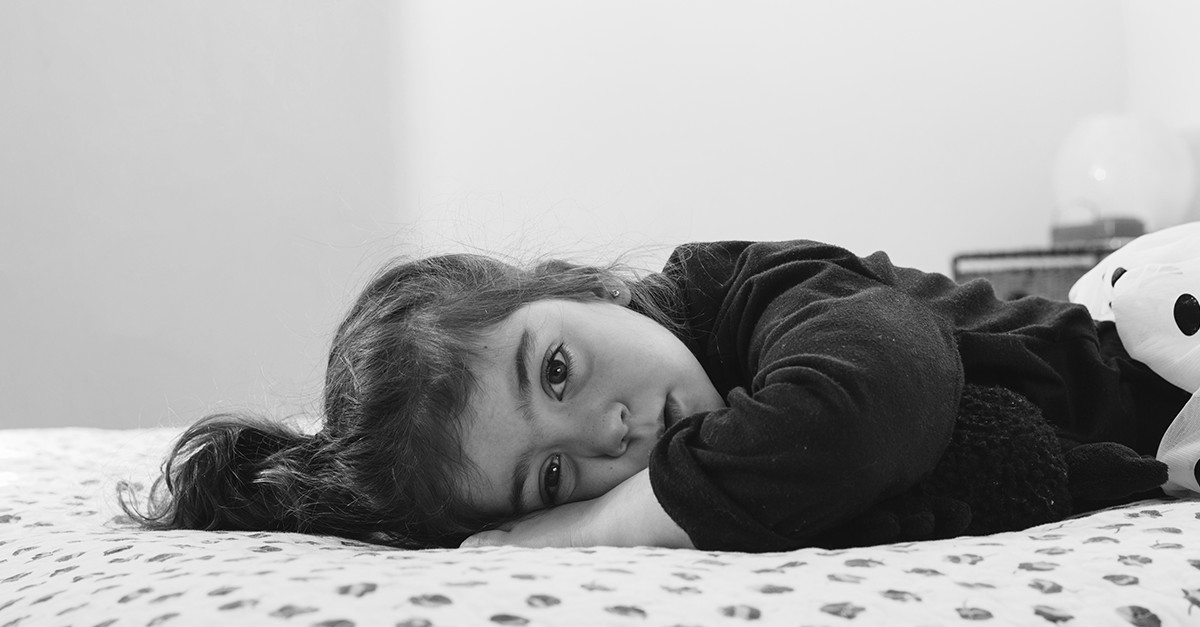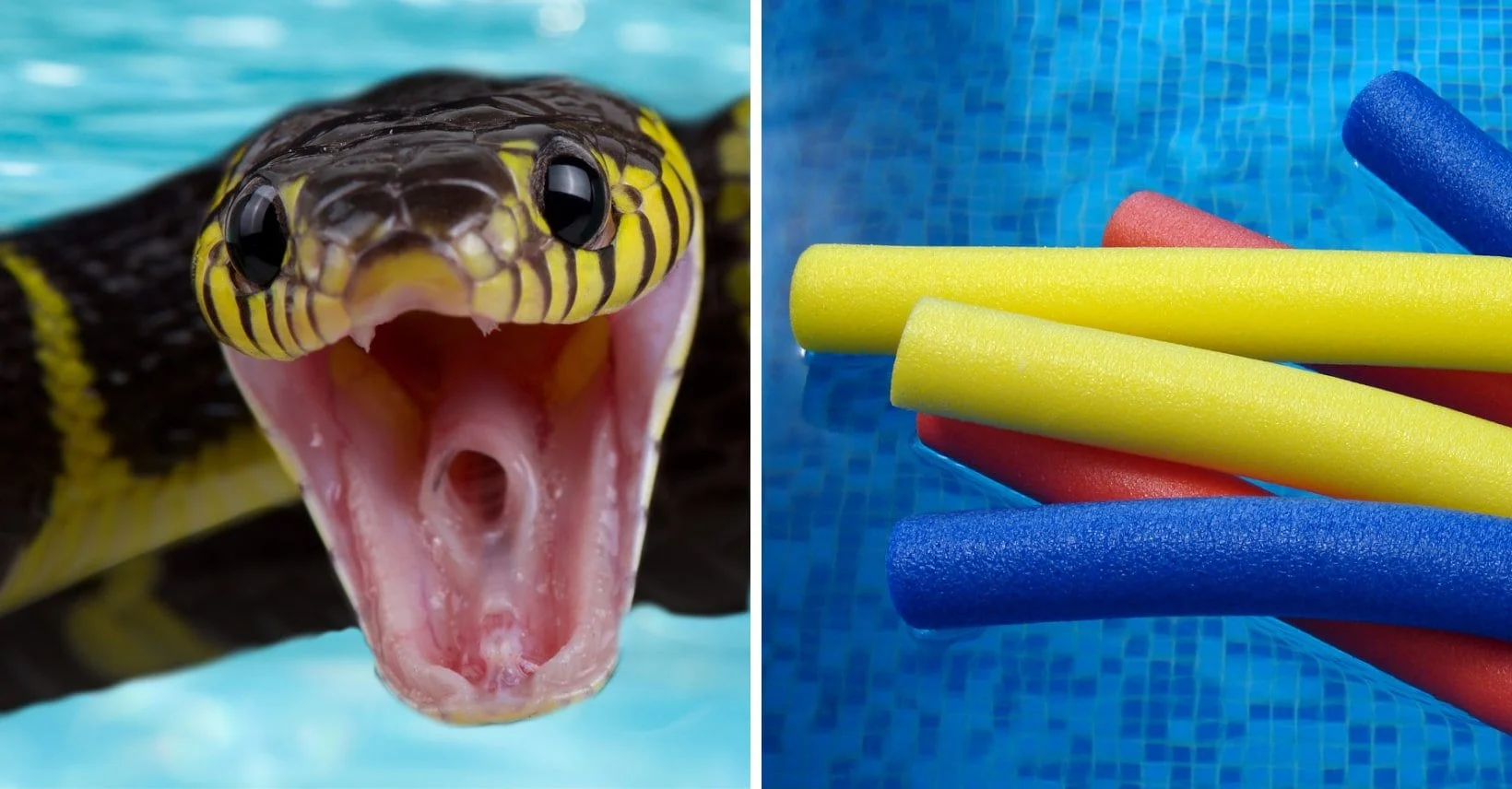Children experience a variety of emotional responses as they grow and develop that they know are different or even negative emotions, but they don’t have the experience to understand what they’re dealing with. However, even though they are not completely aware about what it is, they will let us know when something is wrong.
Although kids might look at things differently than we do, they’re not as informed or self-aware as an adult, allowing them a deeper insight into another viewpoint on any given circumstance. To them, their continually shifting and developing emotions can be frustrating, and it is impossible to put a definitive prognosis on their wellbeing. They will instead tell us their symptoms, hoping for support from our experience and wisdom.
Until recently, however most people were entirely unaware of the importance of childhood psychiatric illnesses, other than ADHD and other children behavioral problems. I t seems that anxiety is not taken as seriously as it should be, particularly in adulthood, and most people believe anxiety is merely the occurrence of a natural fear that takes hold.
Yet anxiety is far more than that, and for the person coping with it, it can be very consuming.
What child has no time to cower behind her parents because it’s dark outside, or because they’ve heard a loud sound? The child is nervous in these circumstances, but rightfully so, leaving little reason for concern. But kids may develop an anxiety disorder in some cases that will affect their friendships, their schooling, and their general wellbeing.
Latest studies have already shown that an anxiety disorder occurs in at least 1 of every 8 children. The initial anxiety disorder will result in difficulty maintaining and establishing relationships with their friends, extreme sleep disorder, and drug dependence if left untreated.
Untreated anxiety will sadly leave your child feeling as if they are useless, and they will not succeed in school, leaving them deprived of their complete capability. Depression is most frequently a product of an untreated adolescent anxiety disorder. So how do we make a significant difference in this sometimes catastrophic scenario?
Start paying attention to the cries for help from your kids. Their manifestation of anxiety can also be much different than you might imagine, so it helps to keep in touch with their triggers.
Check out these signs:
- In stressful conditions, frequent stomach aches
- Agitation
- Restless actions
- Avoiding people/situations that may even stress them out slightly
- Meltdowns over minor problems
- Transitioning Challenge
- Serious perfectionist tendencies
- Peculiar mechanisms of coping that can be considered as self-harm (biting, scratching, pinching or perhaps even pulling their own hair)
Should you find that your child is frequently depressed, seek the support of a trustworthy therapist. It may mean a greater chance for clinical intervention to catch the symptoms early, meaning medicine might not even be required. Above all, listen, within reason, to your kid. Use your best judgement and remain tuned into the usual activities and habits of your infant. In the world, doing these easy things will make all the difference.









